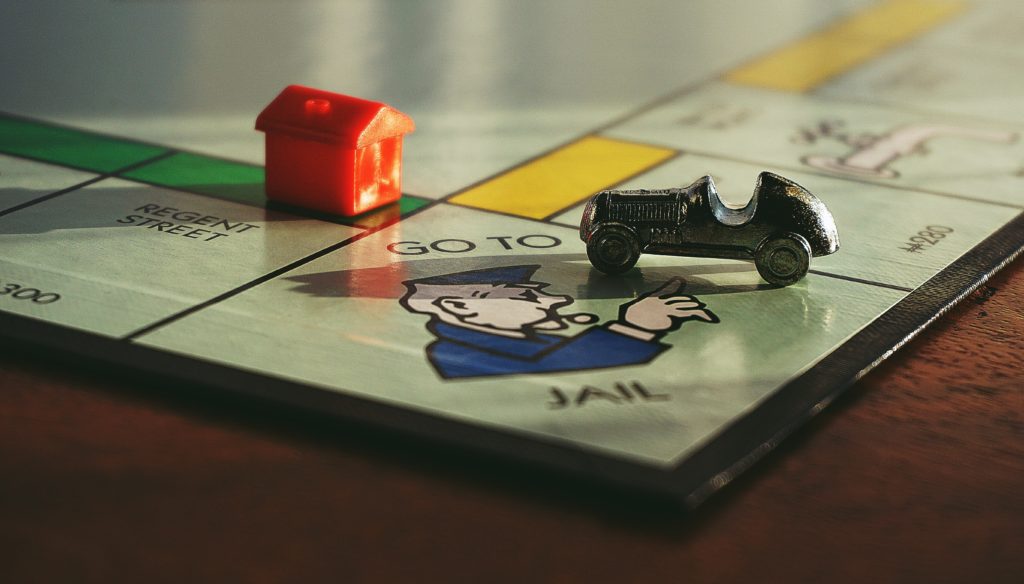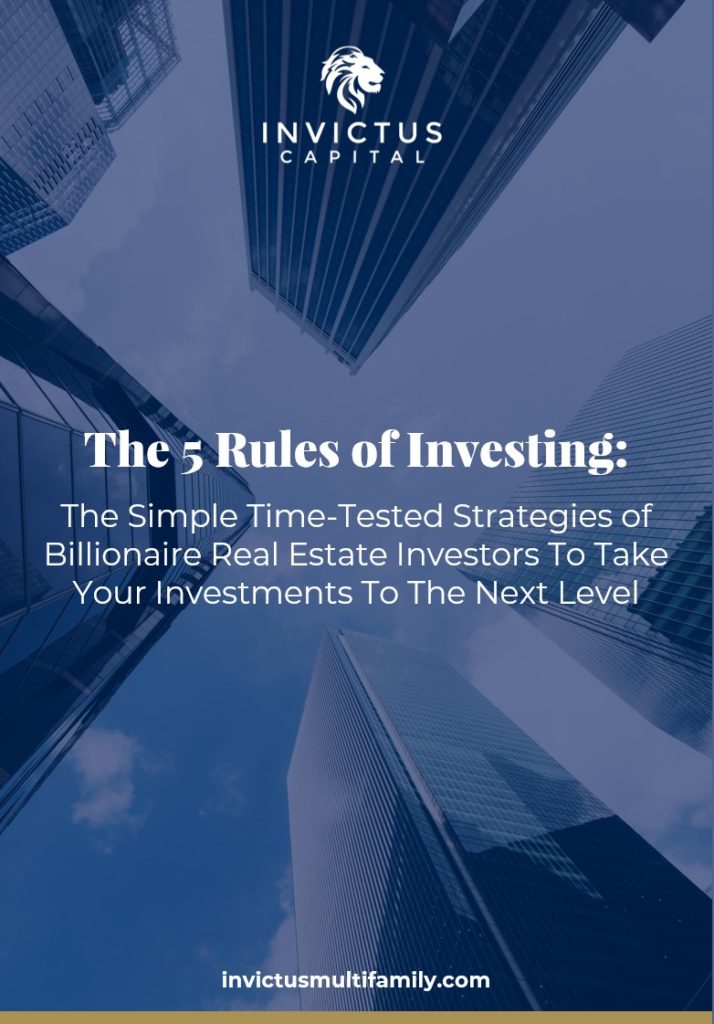There’s a common, fundamental misconception in the world of investing, and it has to do with the actual definition of the word investing.
Most people use the word investment to refer to putting money into something that could possibly earn them more money over time.
By that definition, they may say they invest in the stock market, or start-ups, or wine, or whatever.
But this is a problematic definition, because, if our expectation of an investment is that it could yield more money than the amount initially committed, then everybody currently sipping Mai Tais at a slot machine in Vegas is investing.
It should go without saying, but gambling is not investing.
Another word for gambling is speculating and it’s what most people are unknowingly doing when they think they are investing for retirement in a 401(k) or IRA.
Investing or Speculating
So what makes something an actual investment?
Well, there are two prerequisites a vehicle must hit to qualify as an investment in our books here at Invictus Capital:
1) Your principal (or the initial amount of money you put in) needs to be safe.
2) Your principle has the opportunity for potential growth.
As Warren Buffet says of investing: “Rule number one is to never lose money. Rule number two is, never forget rule number one.”
Let’s reevaluate our typical investment in the stock market through this lens.
Does the stock market come with mechanisms to protect your initial principle? No.
It’s quite possible that tomorrow everything you’ve ever put into the stock market could instantly go to zero.
A painful reality that many learned all too well a decade ago in 2008.
A lesson they learned because they were simply doing what everybody told them to do. They put their money into an 401(k) or an IRA thinking: My money is safe.
If your goal is to make some future income off your investments, or survive through retirement, then you must understand the risks associated with where you’re putting your money.

Here at Invictus Capital, we invest in multifamily real estate because we enjoy the safety and security that comes from an insurable, real asset.
If the company you’ve invested $100,000 goes bankrupt tomorrow, you are not entitled to any of the assets or underlying equity still therewithin.
Not so with apartment buildings. The market at large could suffer a correction or a full-blown recession, but people will always need a place to live. If you’ve been conservative with your underwriting, forward-thinking with your reserve capital, and diligent in the day-to-day maintenance, you can be assured that your investment will always retain some of its value.
Of course, all investments come with a level of risk, and it’s up to you the individual to decide how much risk you are willing to endure. For ourselves at Invictus, we aim to invest in safe, secure assets that maximize the risk/reward ratio.
We seek big gains, not big risks.
If you have questions about investing vs speculating, shoot me an email at anthony@invictusmultifamily.com and I’d be happy to discuss how you can protect your principal, earn better returns, and expose yourself to less risk.



